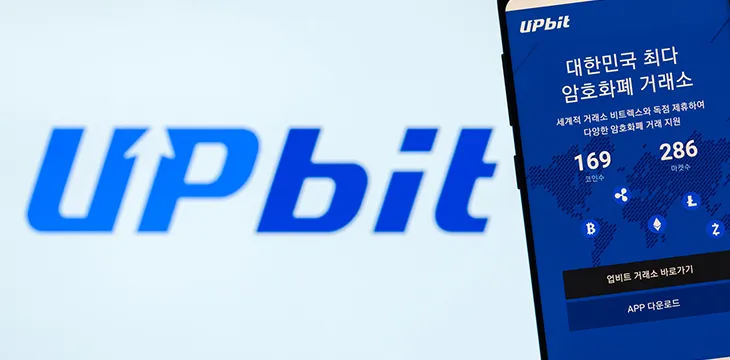|
Getting your Trinity Audio player ready...
|
Leading Korean digital currency exchange Upbit is to limit services for unverified users, in a bid to step compliance efforts in line with anti-money laundering regulations.
The exchange said it would begin by limiting withdrawals from unverified users from this week, in a move that will see unverified customers restricted to maximum withdrawals of no more than $850 per transaction.
According to Upbit, these limits will be removed for users on successful verification, which can commence at any time.
“Once customer verification is completed, the 1 million won limit will be lifted; members who submit an order with less than 1 million won can proceed with customer verification at any time,” the exchange said.
The following week after introducing the withdrawal limits, Upbit has said it will go further in restricting trading services to verified users only, including all deposits and withdrawals, effective October 13.
“Once customer verification is completed, trading and deposit or withdrawal transactions will be resumed,” the digital currency exchange noted.
The new policy means users signing up after October 6 are required to complete the verification process in order to deposit or withdraw, with users being directed to its partner bank K Bank for onboarding.
The exchange said further announcements around withdrawals should be expected in the coming days.
“Withdrawal procedures to other banks will be notified later through a separate notice.”
The development is significant for South Korea’s digital currency market, with Upbit accounting for some 80% of the local market for digital currency transactions.
The customer verification measures being adopted by the exchange are in line with new AML rules in South Korea, which require individuals trading in digital currency to do so through real-name accounts, provided by a local banking partner.
It comes amid new requirements for digital currency exchanges in the country to secure operating licenses from local regulators in order to continue trading.
Watch: CoinGeek Zurich panel, The Future of Trading & Digital Assets

 09-18-2025
09-18-2025 





